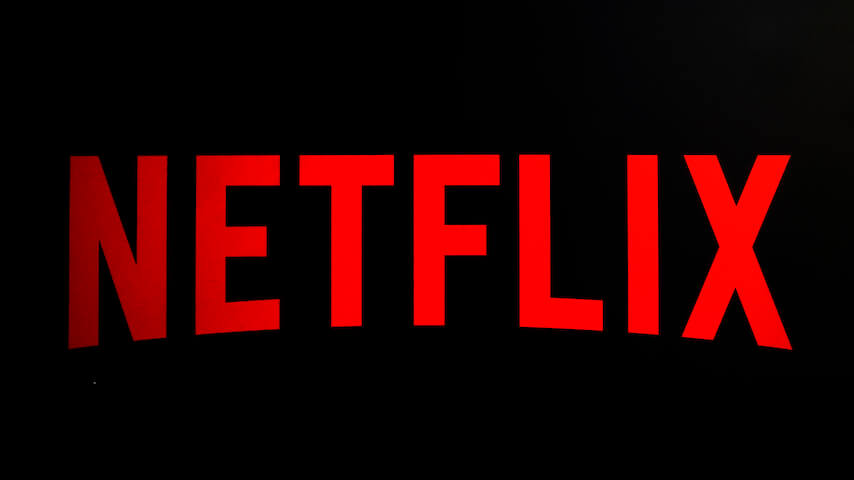From an outsider’s point of view, Hollywood’s ongoing efforts to smoosh its various constituent parts together until the entire film and television industry is just one gigantic fatberg lurking in the Los Angeles sewers, periodically releasing toxic gasses and superhero movies in equal measure, can feel like they’re already an antitrust nightmare in all but name. Even so, recent news that Warner Bros. Discovery is putting itself up on the sales block has now provoked genuine murmurings of worries about antitrust issues from at least one United States legislator. Specifically—per Variety—that’s California Republican Rep. Darrell Issa, and, even more specifically, his concerns are about what could happen if streaming giant Netflix comes out on top in the sale.
Again: From out here, it doesn’t feel good to see anybody scoop up Warner Bros., given how few big-name studios have been left standing in the wake of Disney’s purchase of Fox, and then Skydance’s much more recent consumption of Paramount. (Said merged entity having now become one of the top bidders in the current WBD sale, too.) That being said, Issa did raise some interesting points about Netflix in particular in a recent letter to the Trump White House and the Department Of Justice’s antitrust division. Prominently, Issa points out that owning both its own streaming base and HBO Max would likely put Netflix over the 30 percent market share line that usually gets monopoly alarms blaring even amongst the most lax of governmental regulatory regimes. (Since nobody else can match Netflix on those numbers, none of the other corporate entities vying for the sale would walk away with quite such a dominant position in the streaming market.)
Even beyond that, though, the letter raises questions about Netflix’s stances toward theaters, specifically. “This consolidation would also diminish incentives to produce new content and major theatrical releases,” Issa writes. “Evidenced by Netflix’s own statements dismissing movie theatres as ‘outdated’, which could undermine opportunities for the full range of industry professionals both in front of and behind the camera.”
Whilst musing demurely about a potential acquisition in recent months, Netflix execs have made it clear that, unlike Paramount’s offer, they wouldn’t be looking to buy all of Warner Bros. Discovery’s assets outright. (Netflix is not inclined to suddenly own a bunch of cable networks, for instance.) But a purchase would give Netflix access to both WB’s vaunted library of intellectual properties, and its various film and TV studios. It’s certainly easy to imagine that vast machine being turned away from theatrical releases and toward ever more streaming content, all aimed at the shortest attention spans imaginable, which is a scary thought even amidst the context of other scary thoughts about endless media corporation consolidation.
Warner Bros. Discovery recently made it clear, after months of speculation and hints, that it was officially for sale. The company is apparently looking to name a future new owner by the end of the year, listing November 20 as the deadline for a first wave of bids.

 Keep scrolling for more great stories.
Keep scrolling for more great stories.
